Personal Finance
The Average American Can’t Answer These Simple 401(k) Questions

Published:

When it comes to retirement funding, specifically a 401(k), most Americans are familiar with the term and understand that it’s generally a good thing to have in preparation for retirement. This is even more true for those who work in a corporate or work environment where employers offer a 401(k) plan with employer matching.
However, beyond an initial understanding of depositing money into a 401 (k) and that an employer may offer matching funds, most Americans, or at least the average American, don’t know much beyond that. Understanding how this account works is critical, as this money will be used for retirement and helping you live a life that allows you to stop working.

The most basic question for every American is, what is a 401(k)?
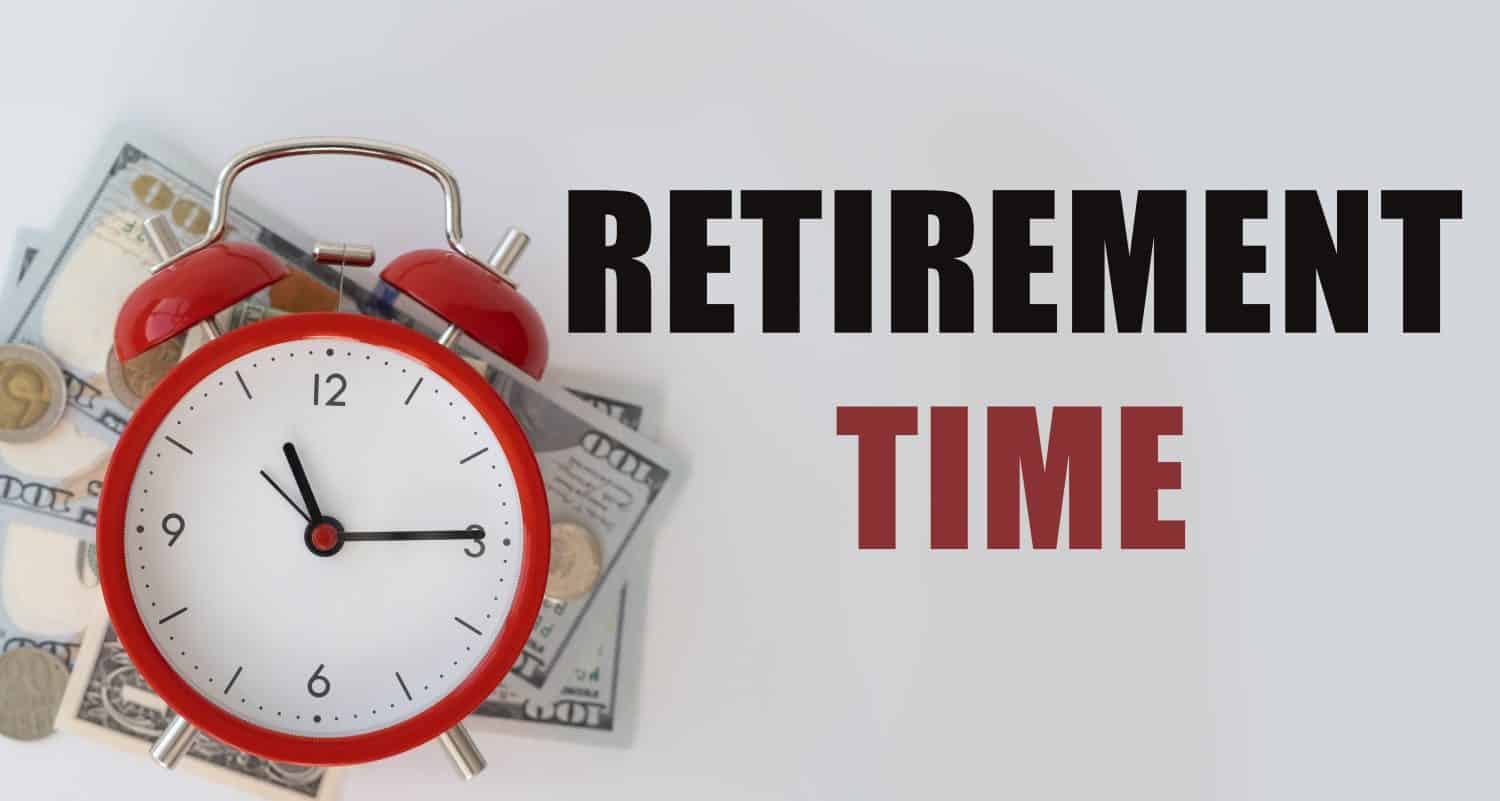
The long answer is that a 401(k) is a smart and easy way to save money for retirement. It takes money from your bi-weekly or monthly pay and deposits it into an account of your choice, where it can be invested and grow over time.

What does “employer matching” mean with a 401(k)?

While employers are not required to do anything with your 401(k), one primary benefit of working for a company is they will provide matching funds toward your account. The most common employer action is to match dollar-for-dollar on the first 6% of employee-donated contributions to a 401(k) account.
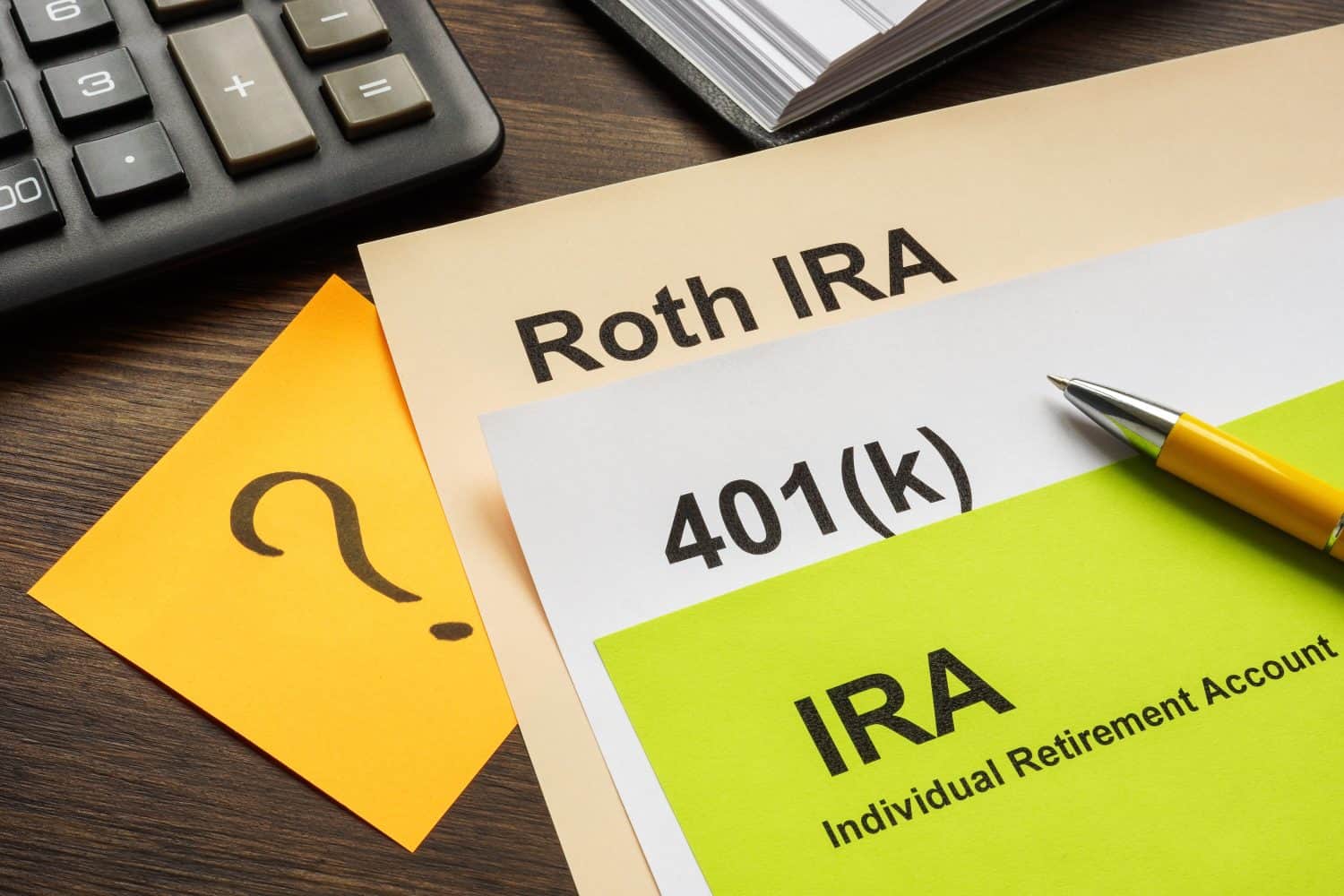
Is there any contribution limit that exists with a 401(k)?

In 2024, the contribution limit for any 401(k) account by an employee of a company is $23,000. There is a caveat here if you are 50 or older, as you can contribute an additional $7,500. In total, the combined employee and employer contribution is $69,000.
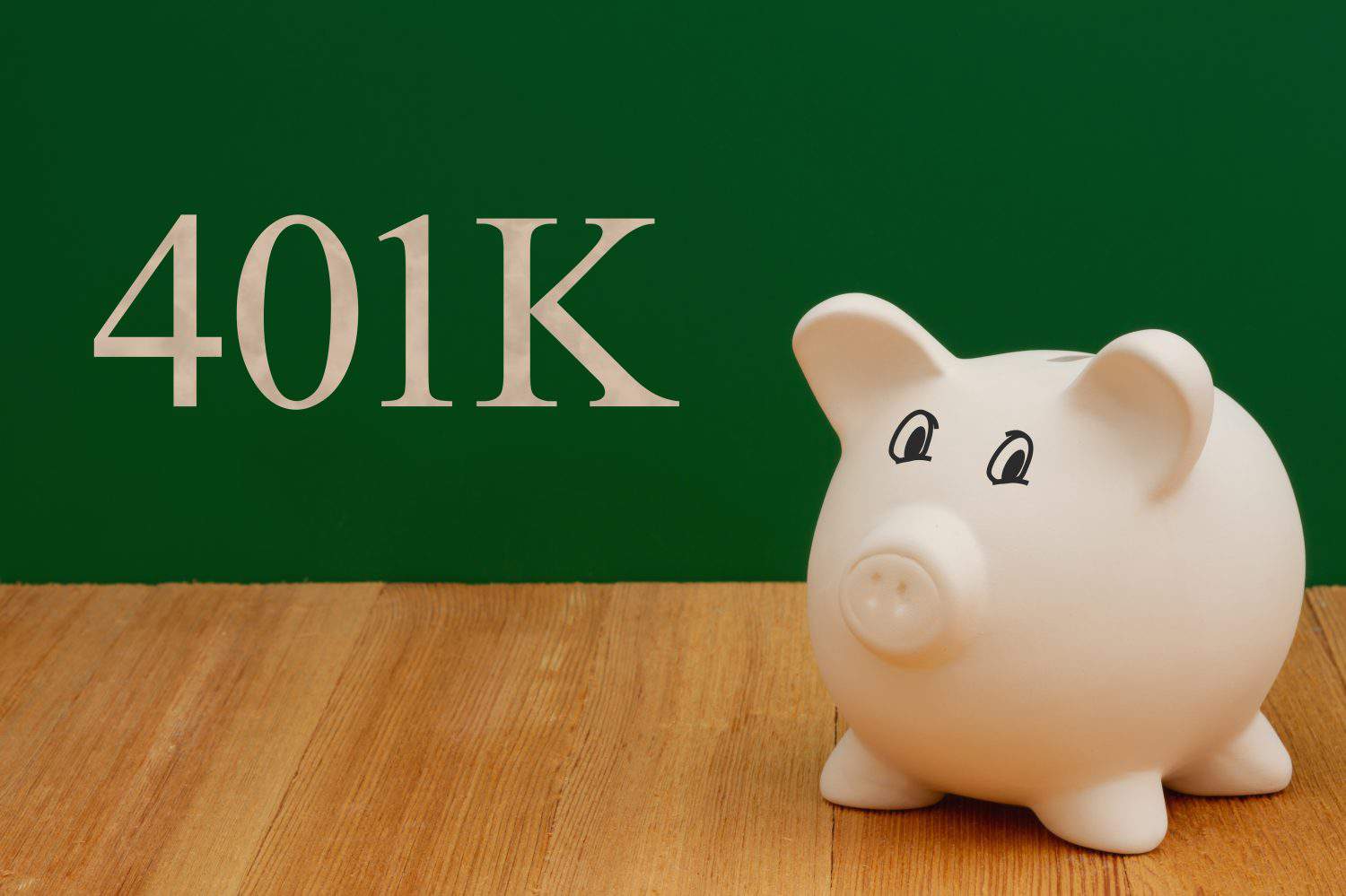
When should you begin contributing to a 401(k) account?

This question is answered with the word “immediately” if you haven’t started doing so already. The more constructive answer is that you should start contributing to 401(k) as soon as you can afford to do so. The more you put in, the more money you have to grow, and the better retirement you will enjoy.
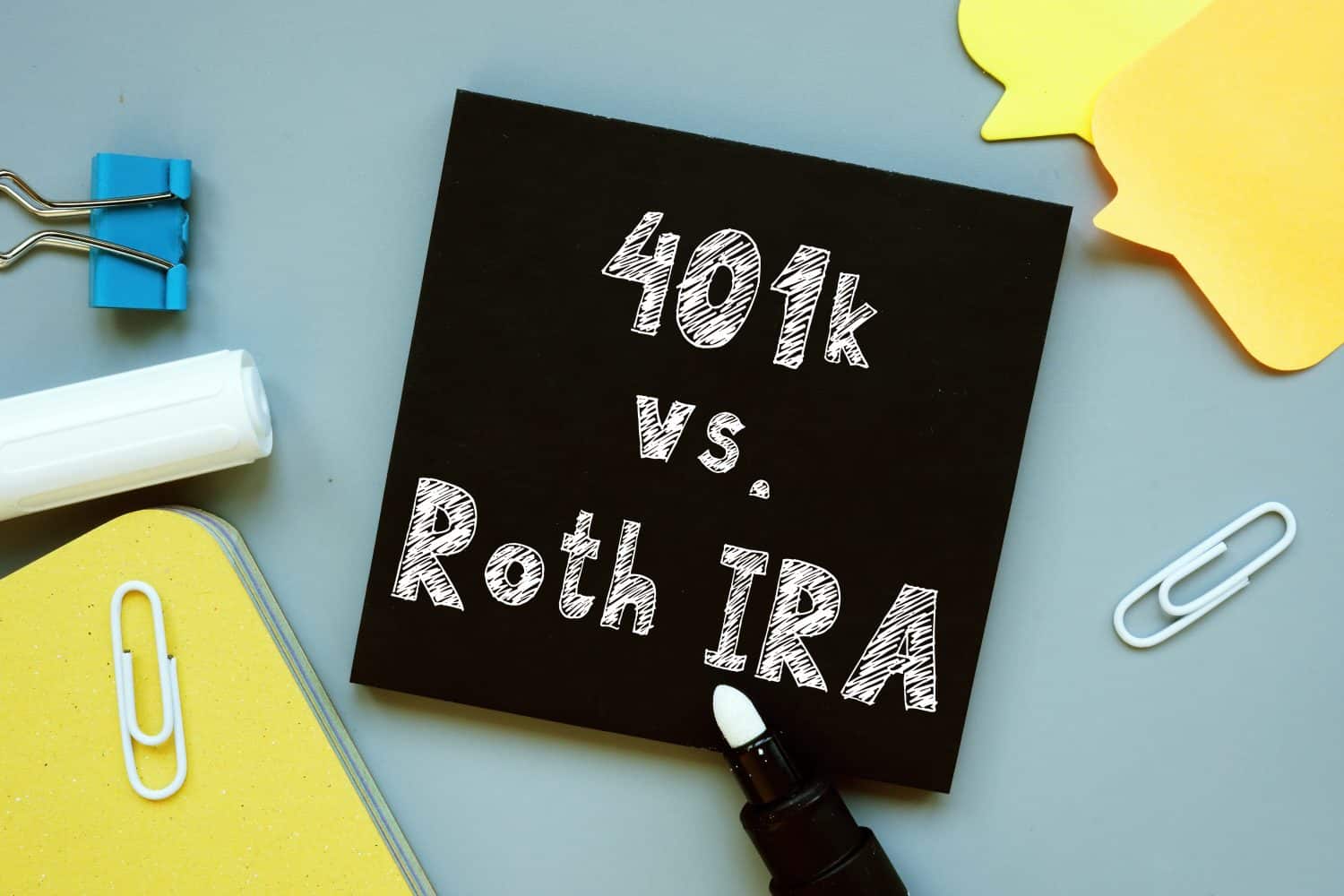
What is the tax difference between a Roth 401(k) and a traditional 401(k) account?
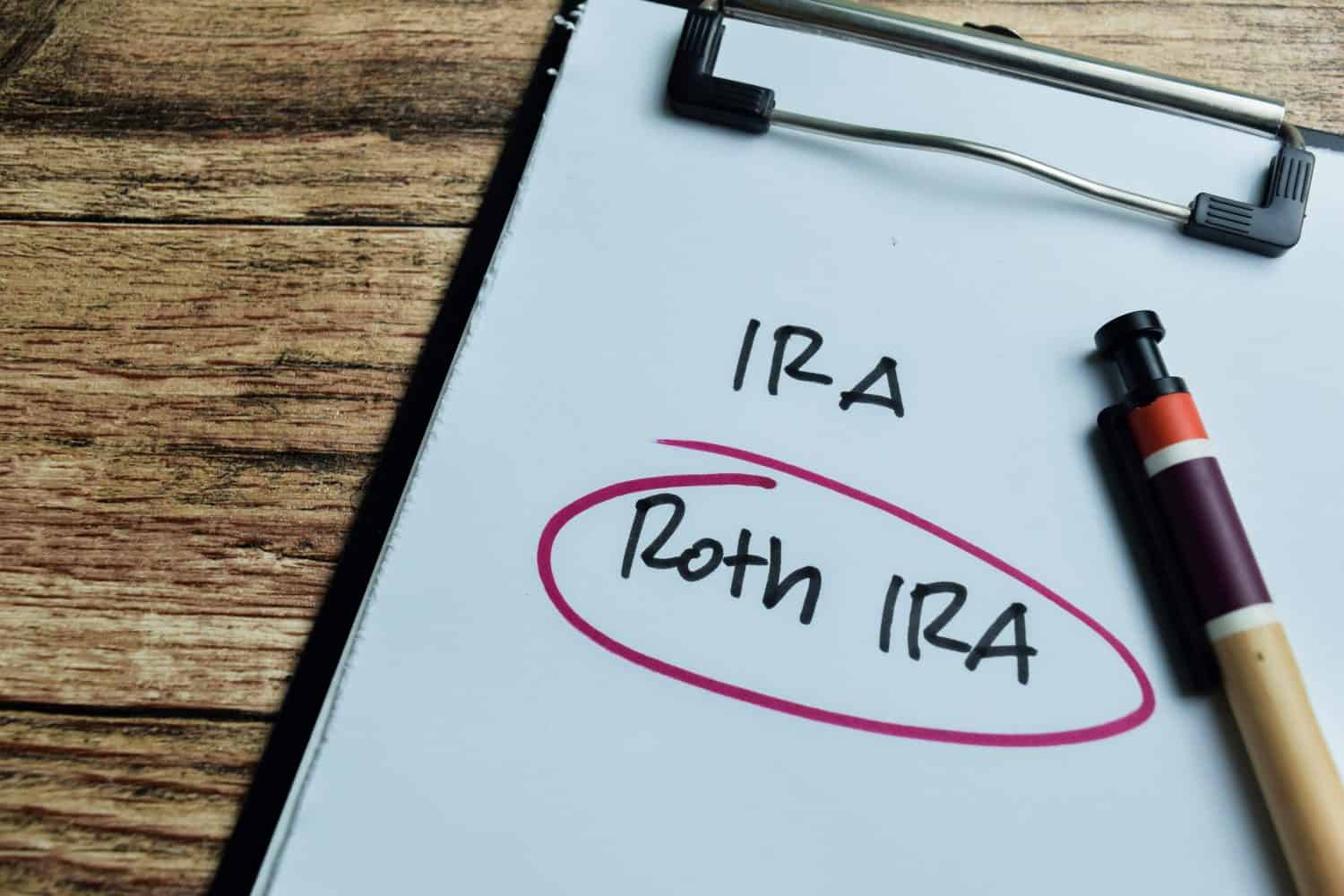
For the most part, the easiest way to remember the difference is that a traditional 401(k), which is what most people use, will give you a tax benefit today. When you contribute from your pay to a traditional 401(k) while working, you are lowering the amount of gross income that will be taxed. A Roth 401(k) will give you a tax benefit in retirement since any contributions are made with after-tax income.
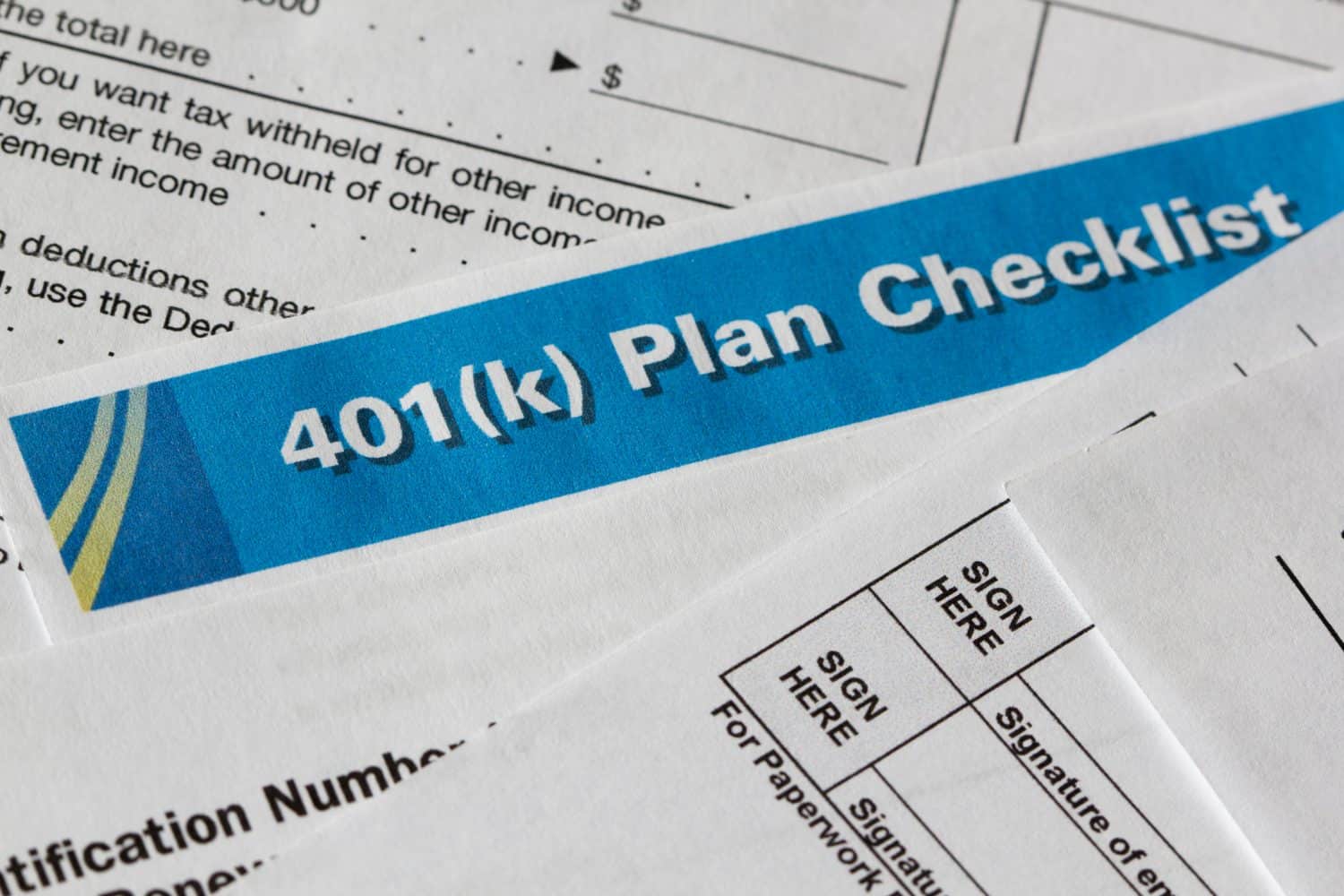
Are employers required to offer a 401(k) to their employees?

In many states, employers must offer employees a 401(k) program so they can automatically deduct the contribution. However, only a few states mandate this as a requirement to operate in the state. Still, as employers often benefit tax-wise by offering this program, the number of companies that choose not to provide 401(k) programs is shrinking.

I saw what happened in 2008 and 2009 with 401(k) accounts. Are they risky investments?

There is no question that investing your money in the market comes with risk. The good news is that you can choose how much risk you have with a 401(k), which remains one of the safest ways to grow your money. While not universally true, many people who lost their 401(k) savings during the mortgage crisis did so by panic selling and not waiting for the market to recover.
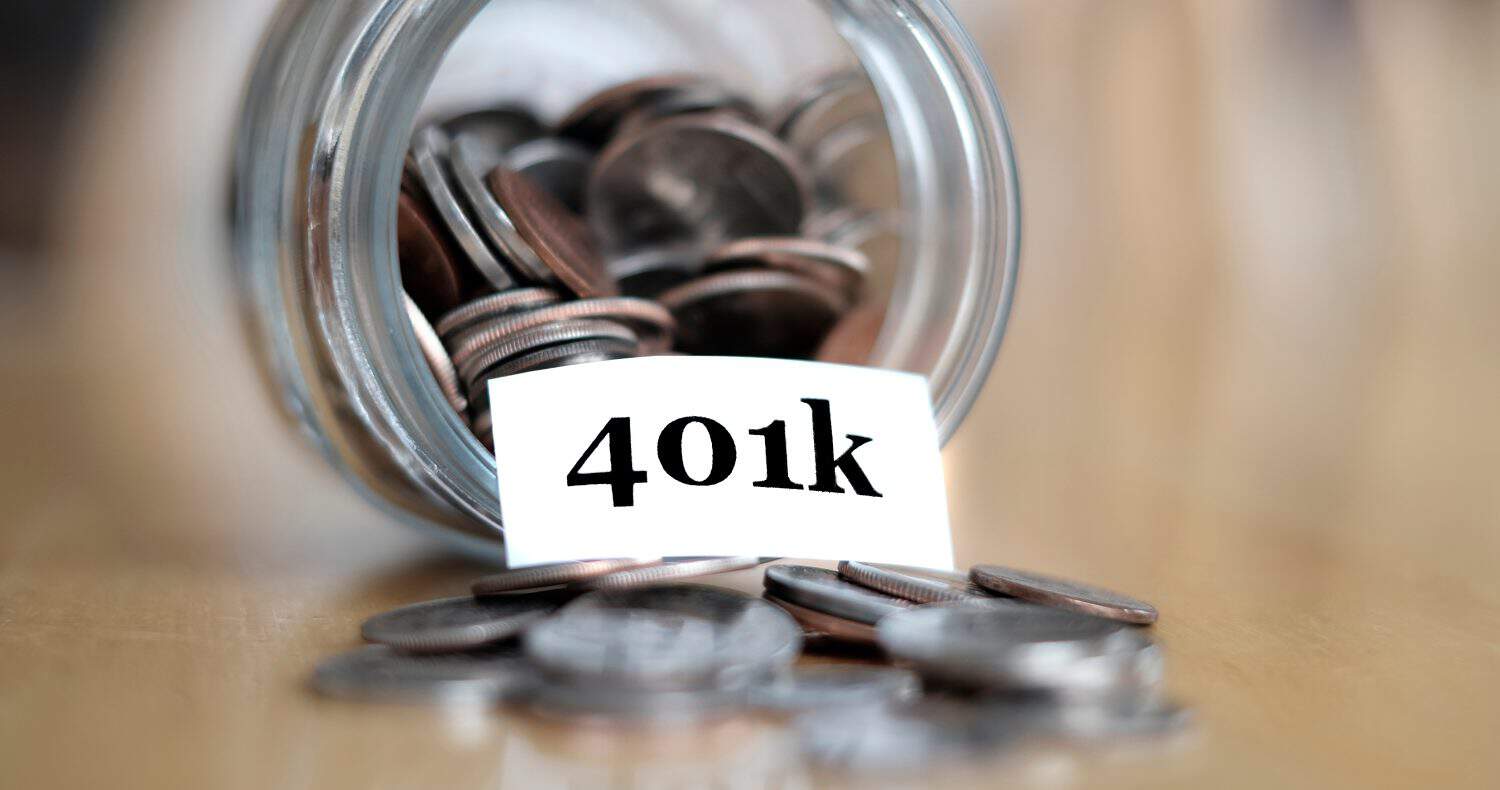
How much should I be saving with a 401(k)?
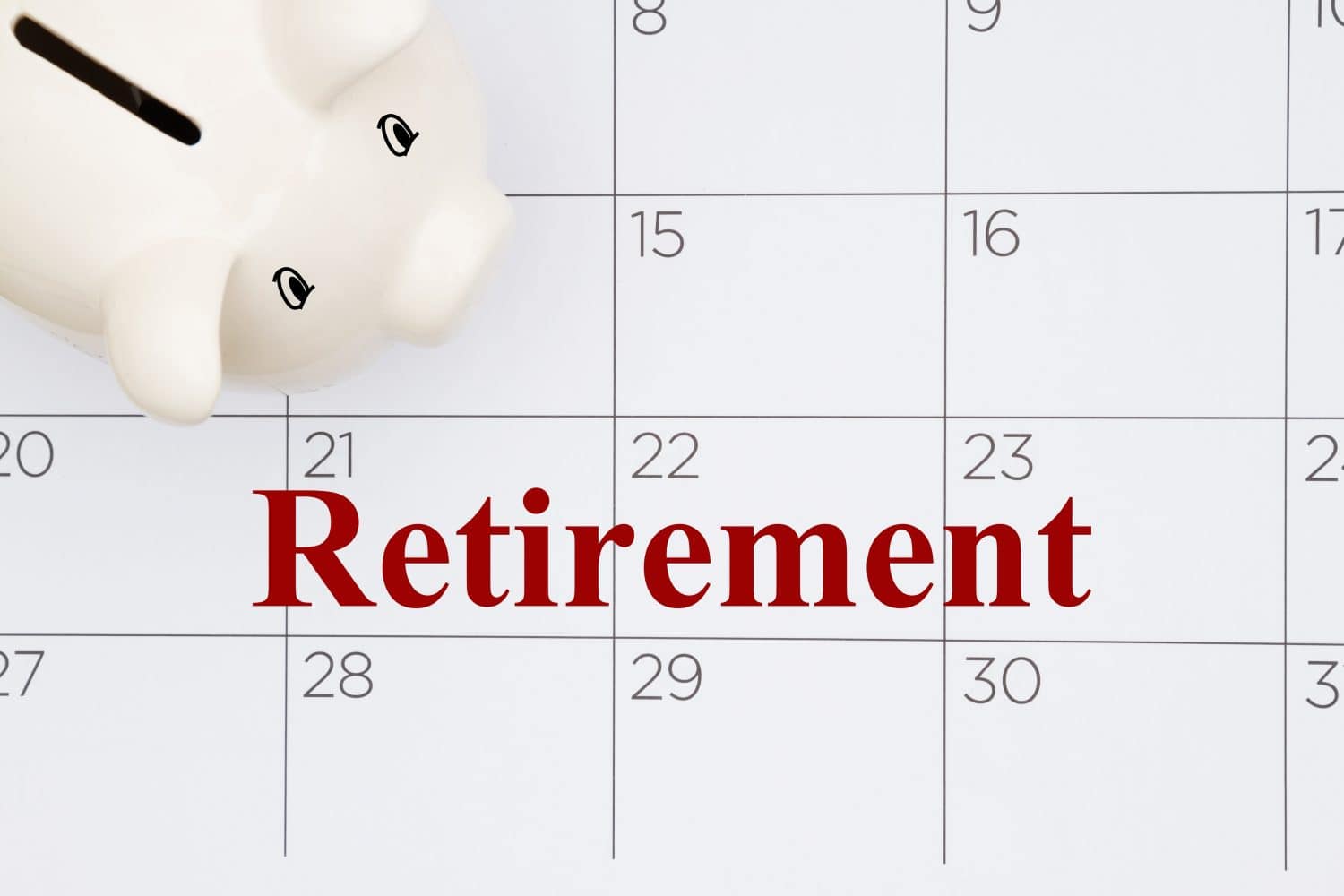
The tough answer to this question depends on how much you can afford to set aside for retirement. It would be best if you did what you could to contribute the maximum amount without hurting your current lifestyle. If you want to trust the experts, Fidelity says you should save up to at least 8 times your final salary, while T. Rowe Price says up to 12 times your current salary.
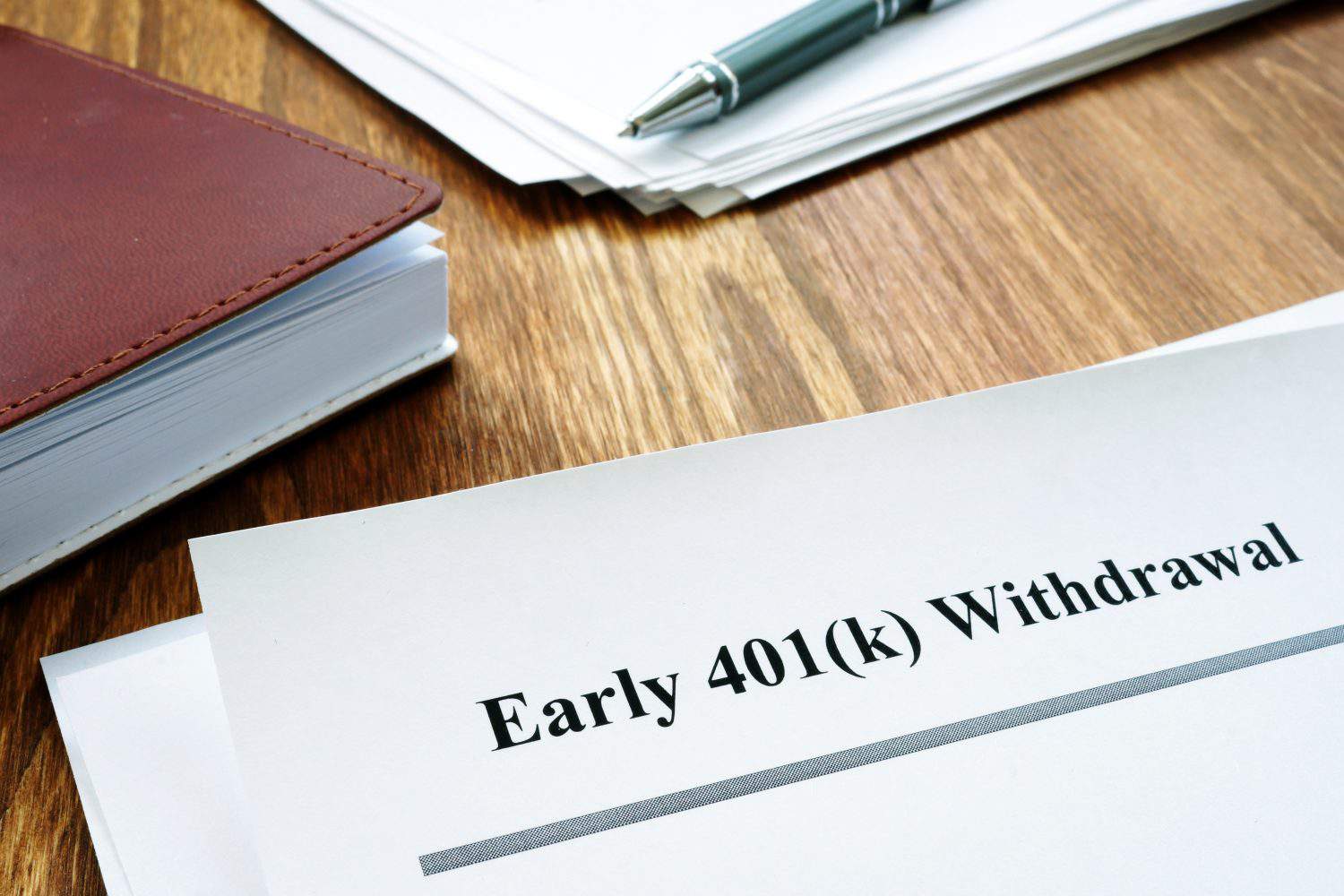
At what age can you start withdrawing from your 401(k) without incurring any penalties?
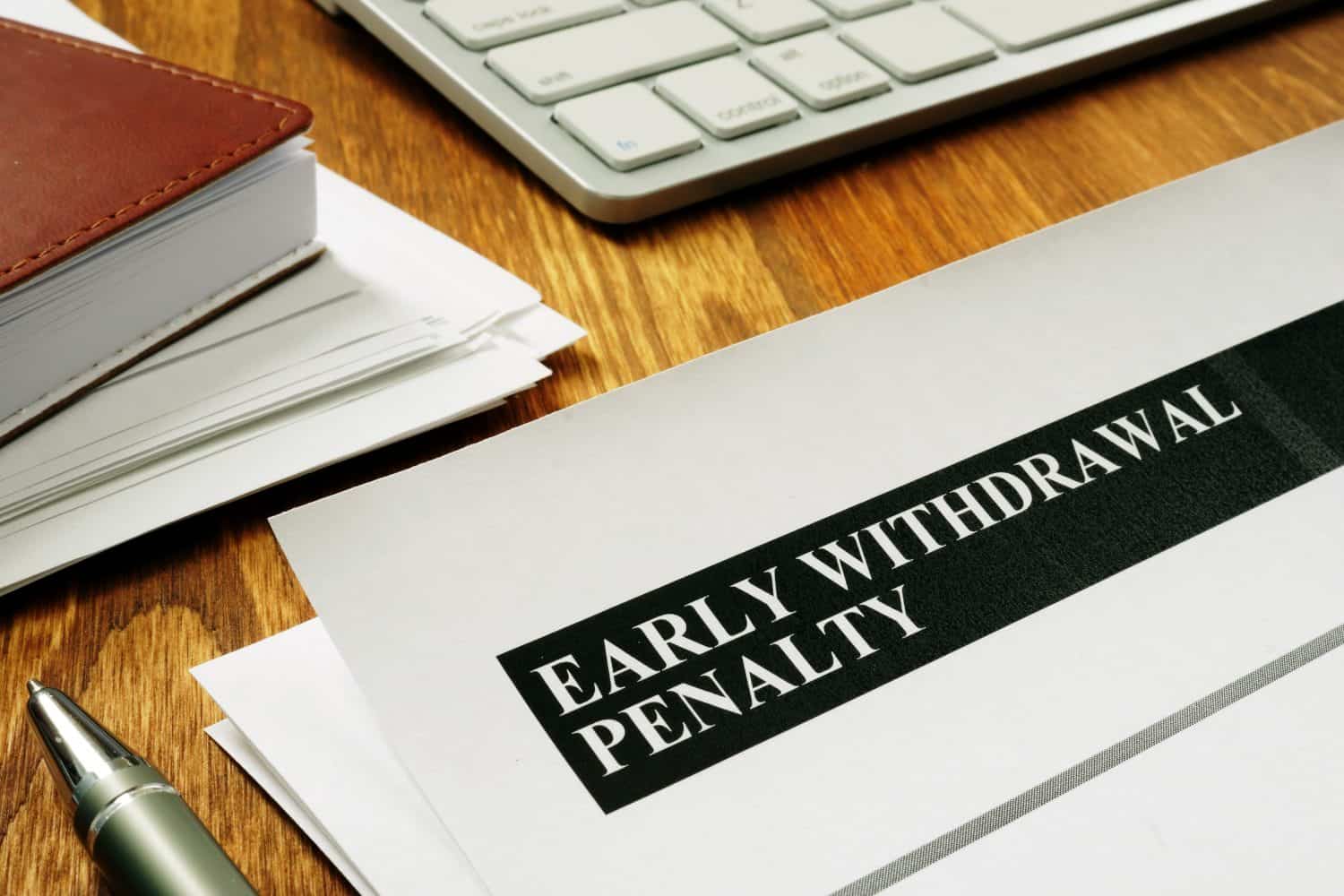
The reality is that as soon as you turn 59.5, you can start making withdrawals without incurring any penalty. If you look to withdraw from a 401(k) account before you turn this age, you will incur a 10% early withdrawal penalty. However, some exceptions exist if you become disabled or have financial hardship.

What is vesting as it relates to a 401(k) program?
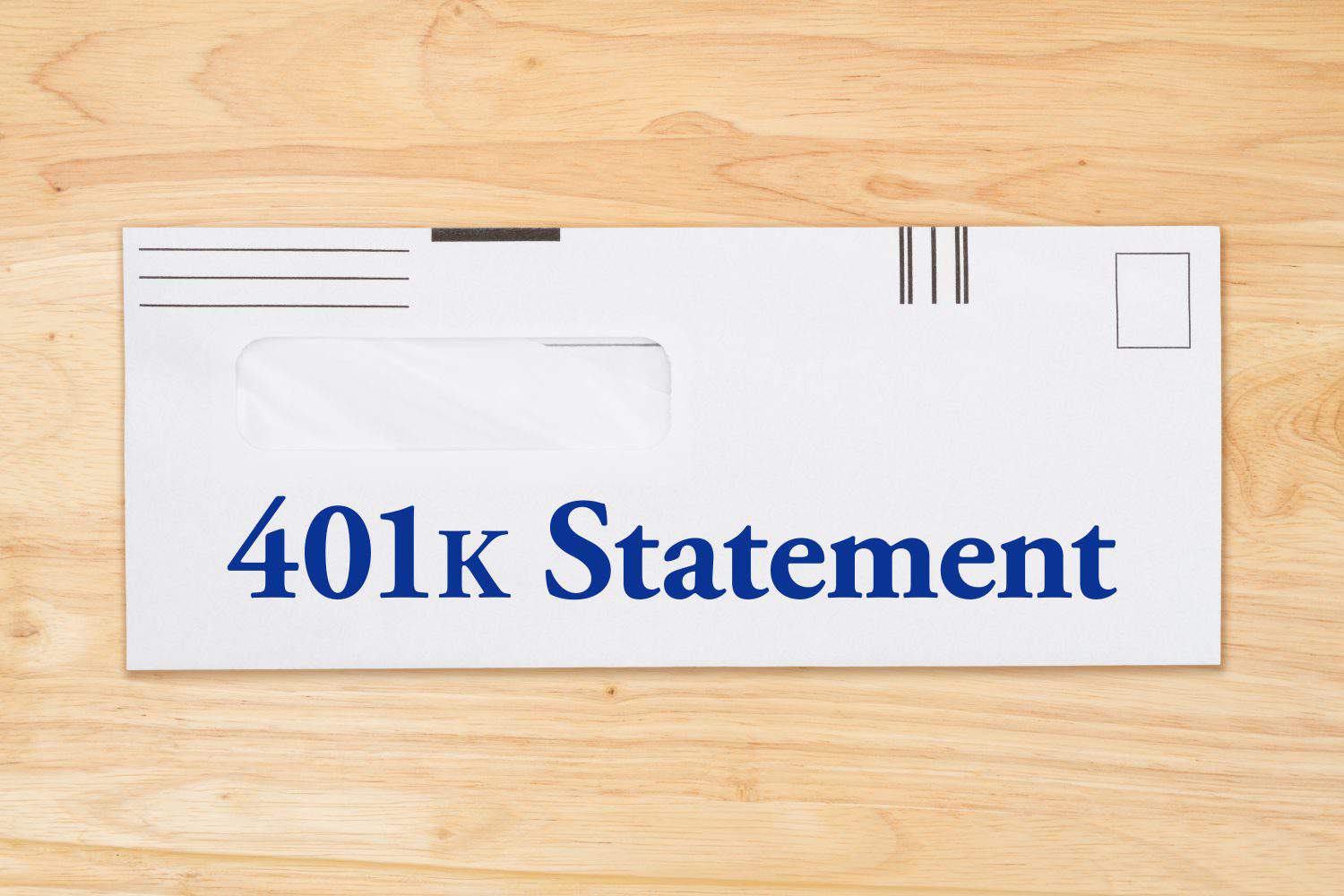
The way employer contributions are set up for many companies is that they have to do what is called vesting. If your employer allows immediate vesting, you can leave the company tomorrow and keep all their matched contributions. However, some companies have a cliff vesting schedule that only allows you to own their matched contributions after a set period.
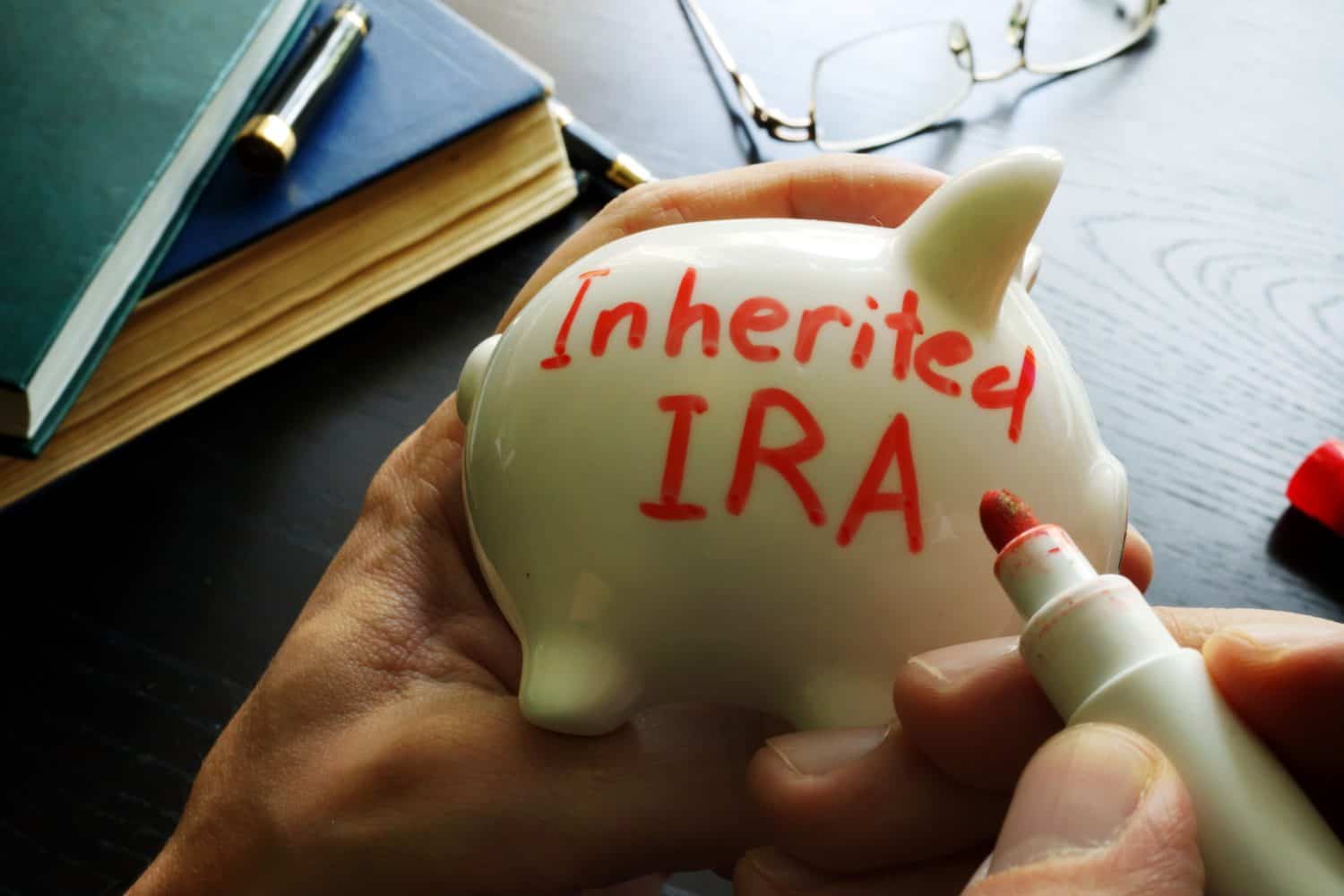
What fees can be associated with a 401(k) investment account?
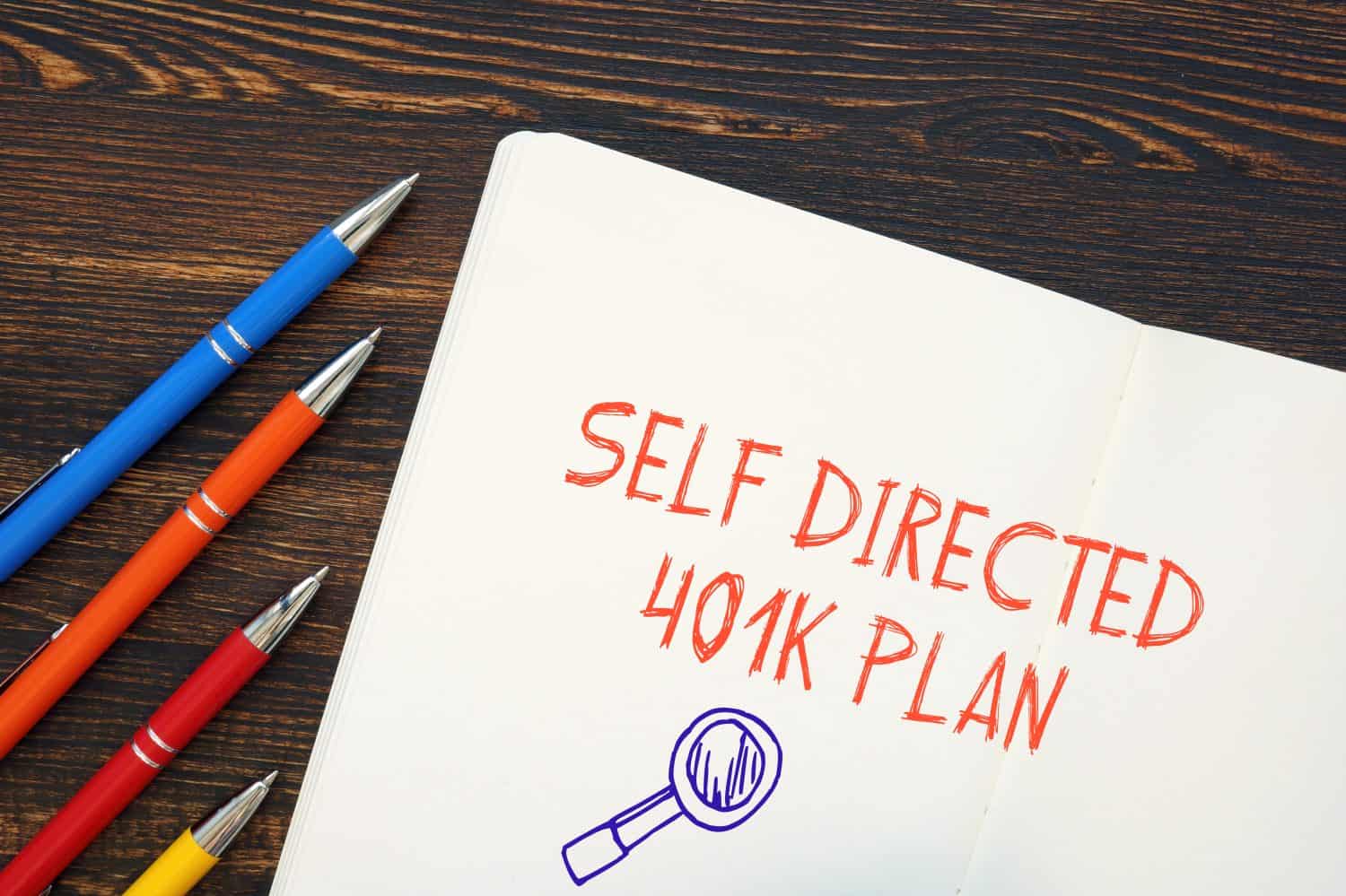
There is no question that fees are associated with a 401(k) account. It’s just a matter of how much. For most people, you should expect to pay around 1-2% of the total value of your assets in a 401(k) account if you need some management with a financial advisor. If you put your money in an index fund, you will pay far less in fees.

Can you take a loan from your 401(k) if you need emergency cash?

If you have a traditional 401(k), there is a good chance you can take a loan up to $50,000 or 50% of the vested balance, whichever is less. However, as this is a loan, you should expect it to earn accrued interest and generally have less time to pay it back, likely five years. It’s worth noting that money can be deducted from your salary by your employer as an easy way to make payments.

What happens to your existing 401(k) account if you change jobs?
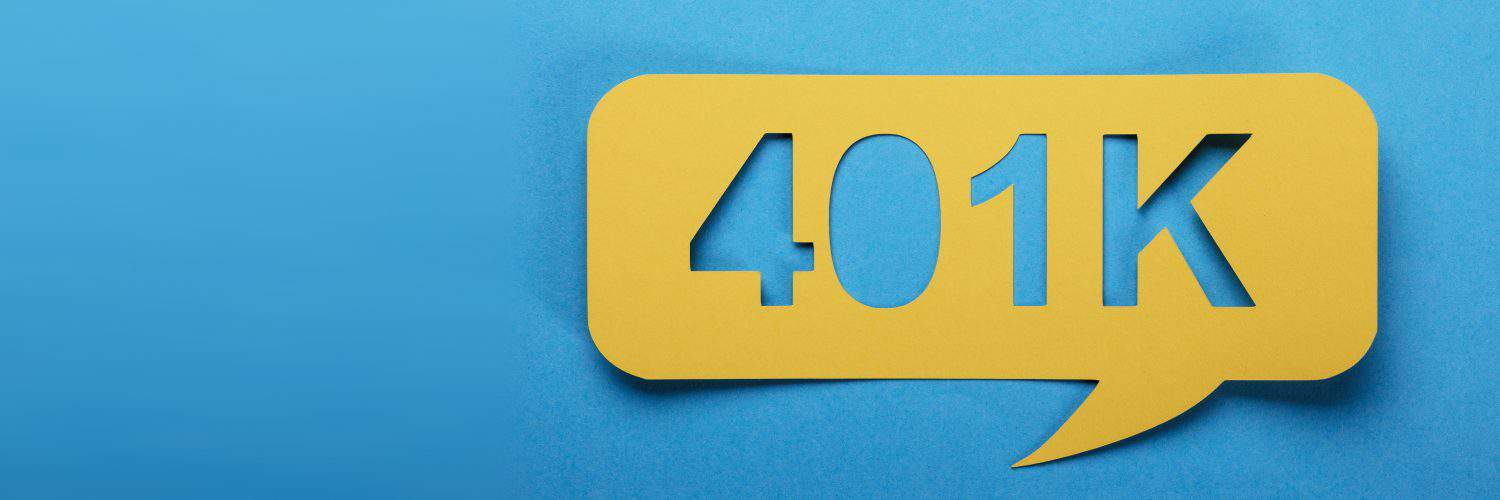
The good news is that 401(k) programs are set up so that if you change jobs, your 401(k) can be rolled into a new plan at a new employer. The challenge is whether you have any money not yet vested, which could be forfeited if you leave ahead of its vesting date.

What happens if someone who owns a 401(k) passes away?
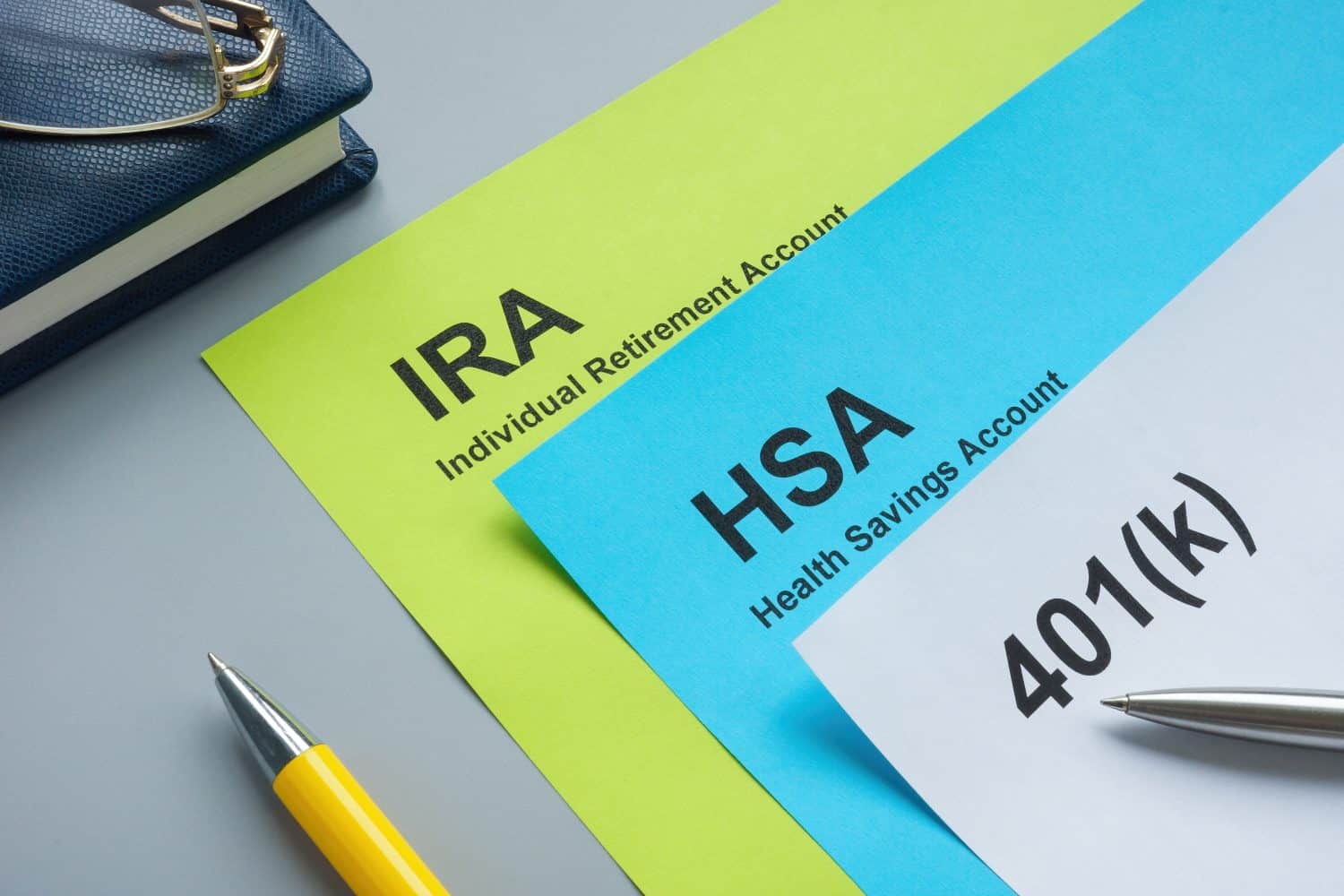
This is a fairly common question that more Americans should be familiar with. If someone who owns a 401(k) dies, a beneficiary will already be assigned. Of course, any withdrawals made by the beneficiary would still be subject to any eligible income taxes. If you are not a spouse, you must also withdraw the money within 10 years, while a spouse can roll the money into a new retirement plan.

What is a hardship withdrawal from a 401(k)?
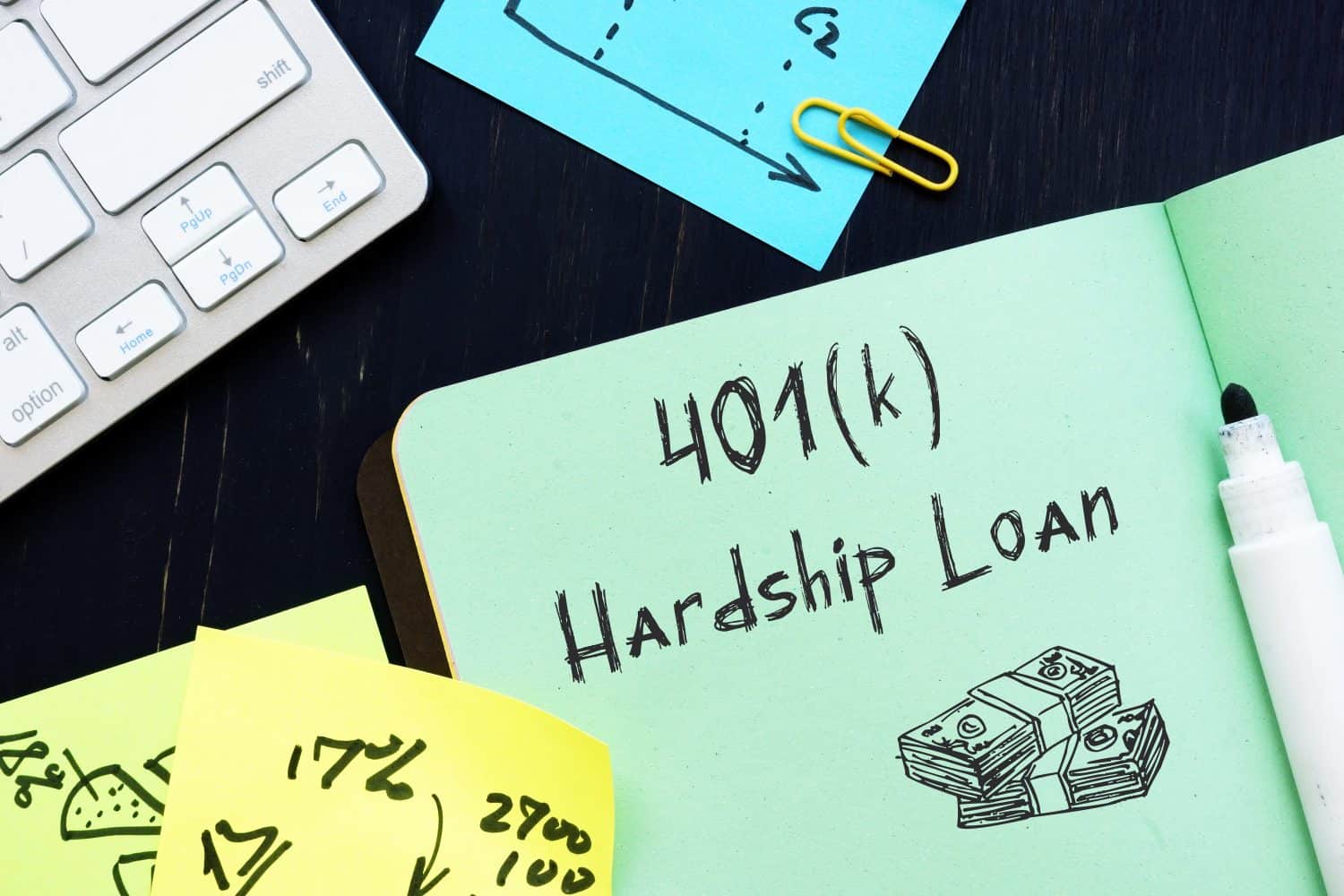
If you are in a tough financial position, you can access your 401(k) to pull out emergency funding. In most cases, this money will be used to cover medical bills or make a house or vehicle payment. It’s important to know that while you can pull out money to help, it’s taxed, and you could incur a penalty depending on the account type.
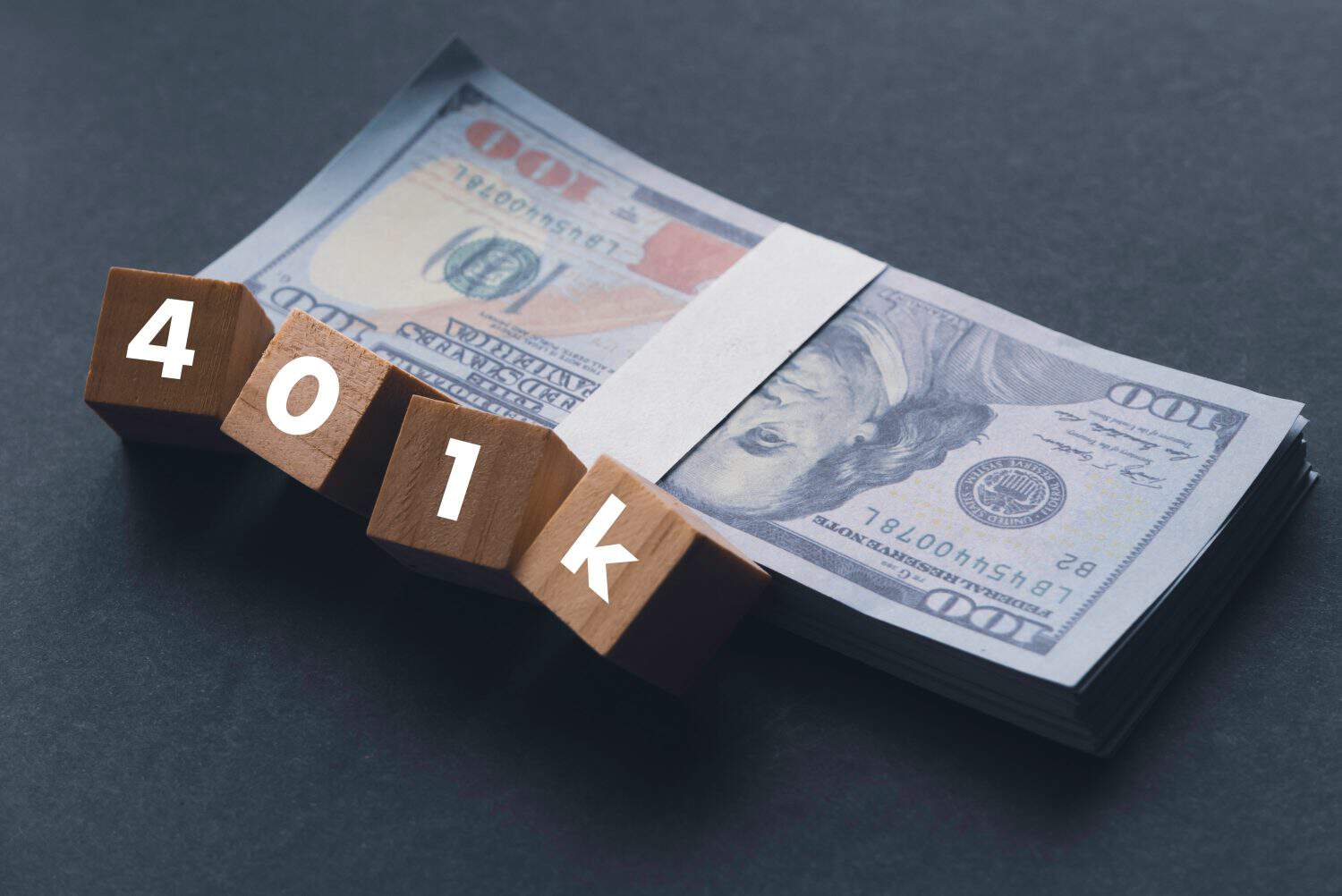
Can you decline having an employer provide matching 401(k) funds?
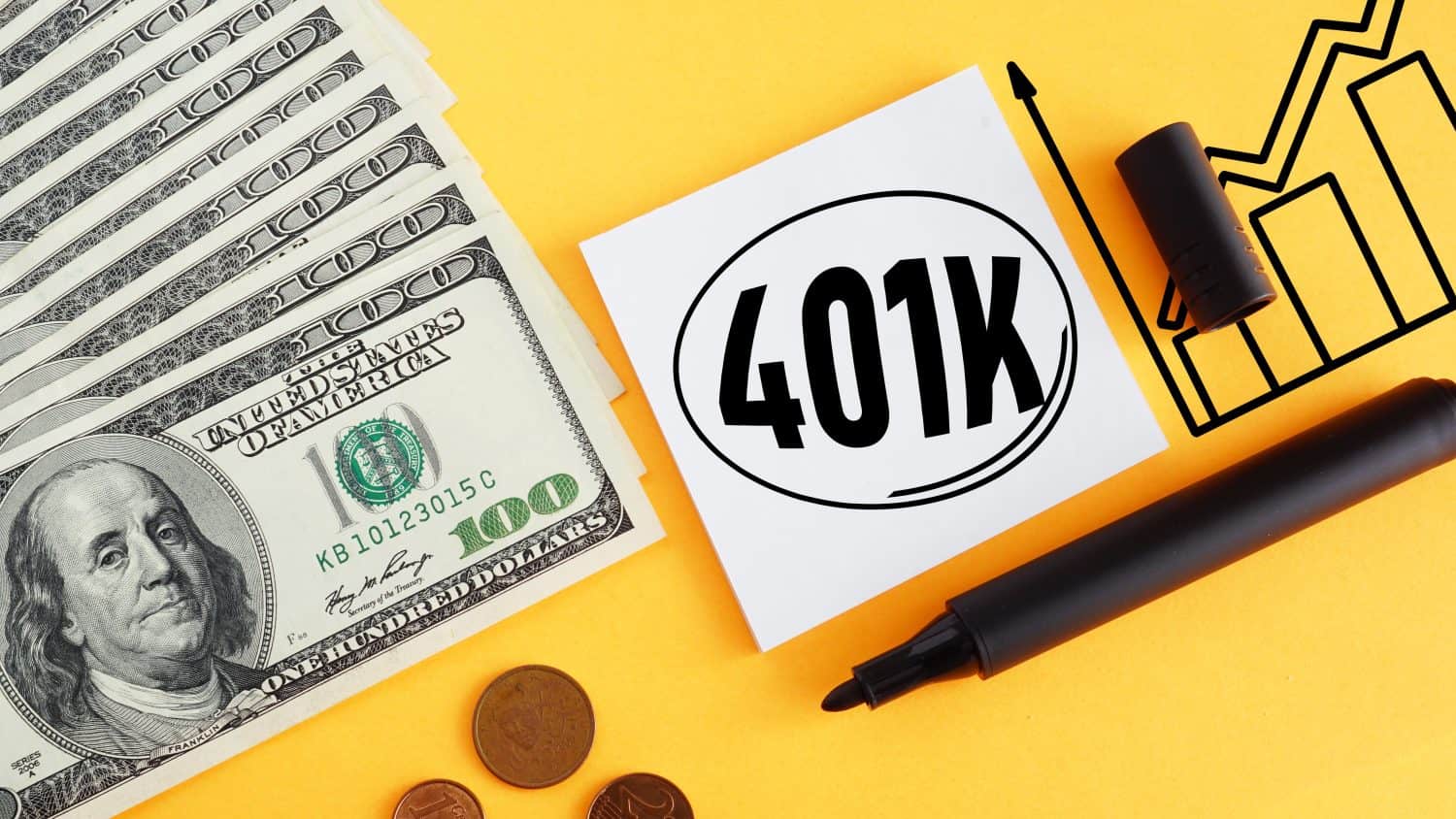
If you don’t want to accept money from an employer offering matching 401(k) funds, you can do so. However, there are very few instances in which this would make sense. If you decline to have your employer match your funds, you’re essentially giving up free money that could boost your long-term savings.

Can you set up a 401(k) plan if you are self-employed?

If you’re self-employed, you can set up a solo 401(k) plan. These plans are built for this very reason, and you can make a total contribution of up to $66,000 per year or $73,500 if you are 50 and older in 2024.

Do employers automatically enroll you in a 401(k) savings plan?

There are thousands, if not tens of thousands of employers who will automatically enroll you in their 401(k) plan by default. The good news is that employees can opt-out and back in at different times.

Do I have different 401(k) options from my employer?
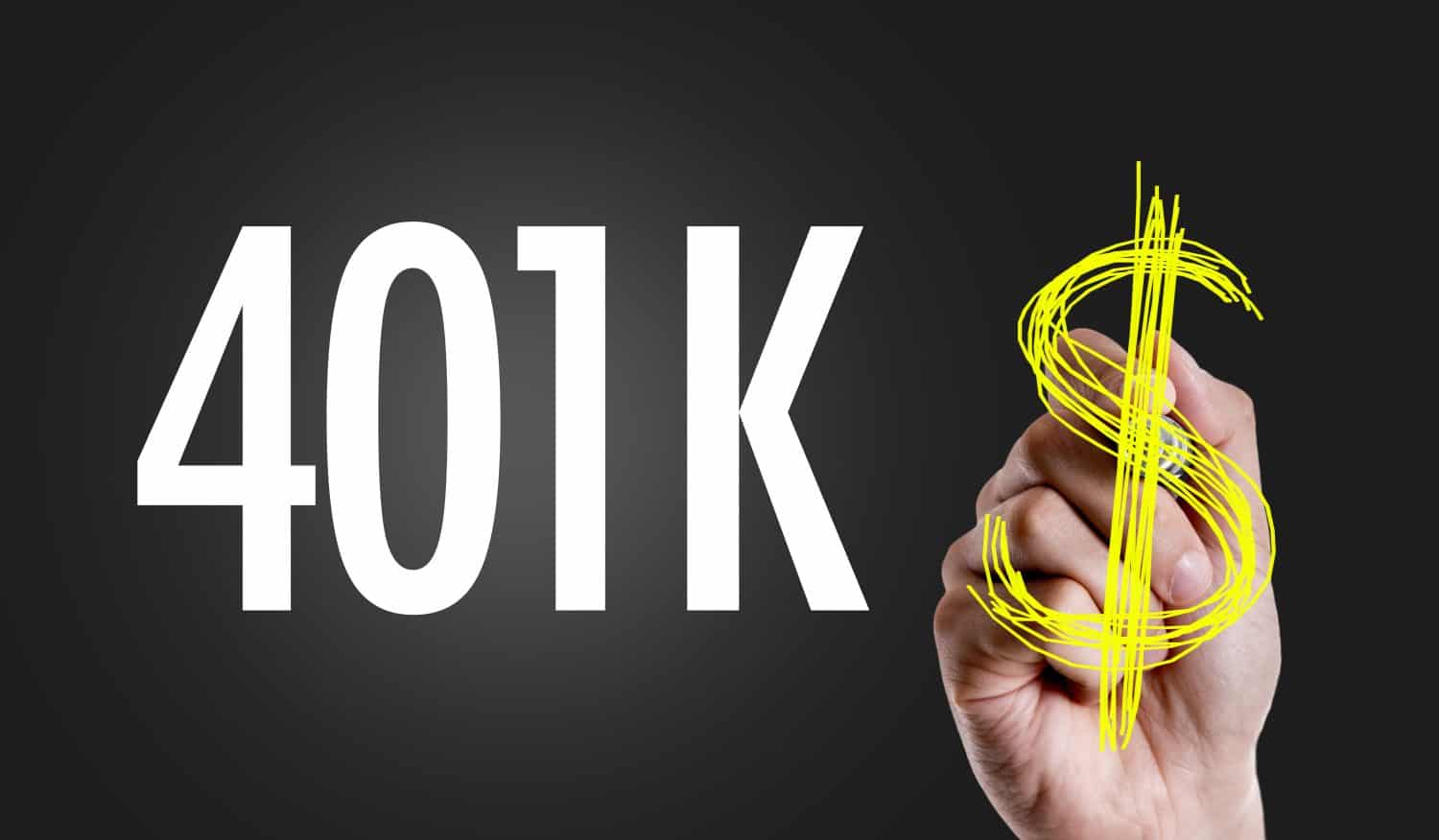
Assuming your employer follows standard practice, you should have various investment options from your employer to be used with your 401(k). This could be a self-directed account where you are solely responsible for managing the money or a full-brokerage option where you can mix everything from bonds, stocks, mutual funds, and ETFs.
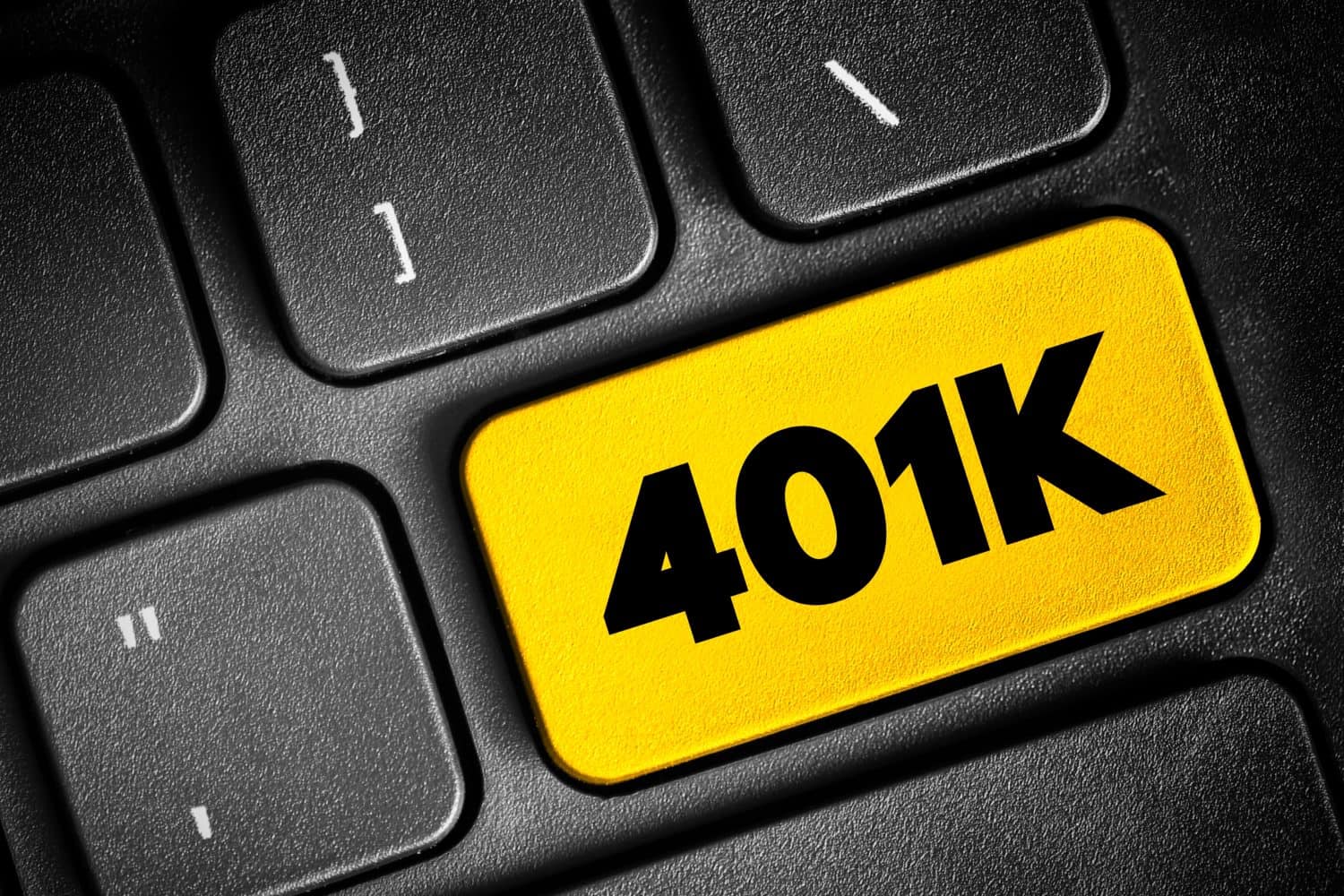
What is the main difference between graded and cliff vesting with an employer 401(k)?
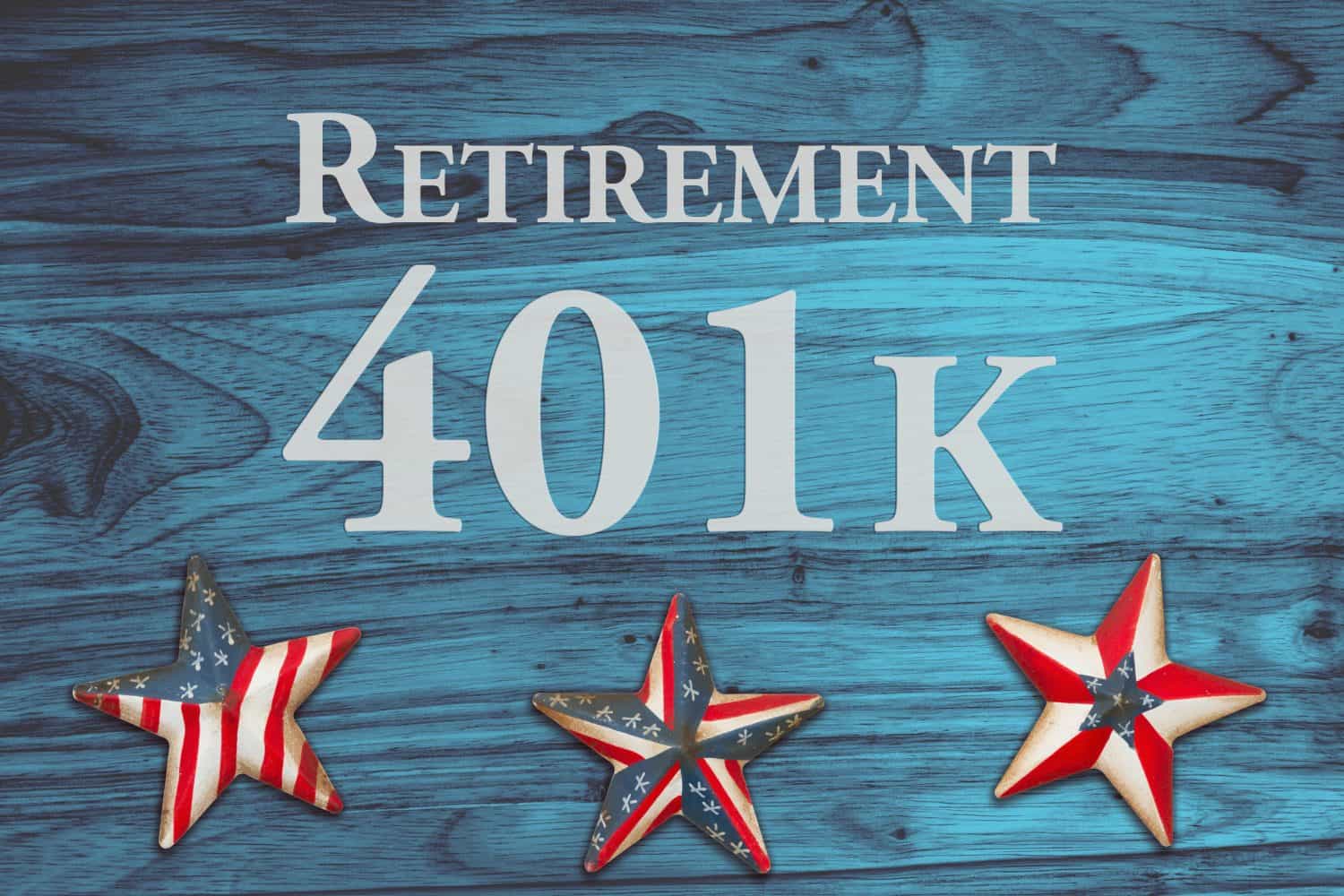
In the case of a 401(k) account with your employer that has graded vesting, you may be 25% vested after your first year, 50% after the second year, and so on until you hit fully vested status. With cliff vesting, the employer contribution is considered at 0% until you have been on the job for a predetermined period, after which the money your employer contributes becomes 100% invested.
Are you ahead, or behind on retirement? For families with more than $500,000 saved for retirement, finding a financial advisor who puts your interest first can be the difference, and today it’s easier than ever. SmartAsset’s free tool matches you with up to three fiduciary financial advisors who serve your area in minutes. Each advisor has been carefully vetted and must act in your best interests. Start your search now.
If you’ve saved and built a substantial nest egg for you and your family, don’t delay; get started right here and help your retirement dreams become a retirement reality.
Thank you for reading! Have some feedback for us?
Contact the 24/7 Wall St. editorial team.